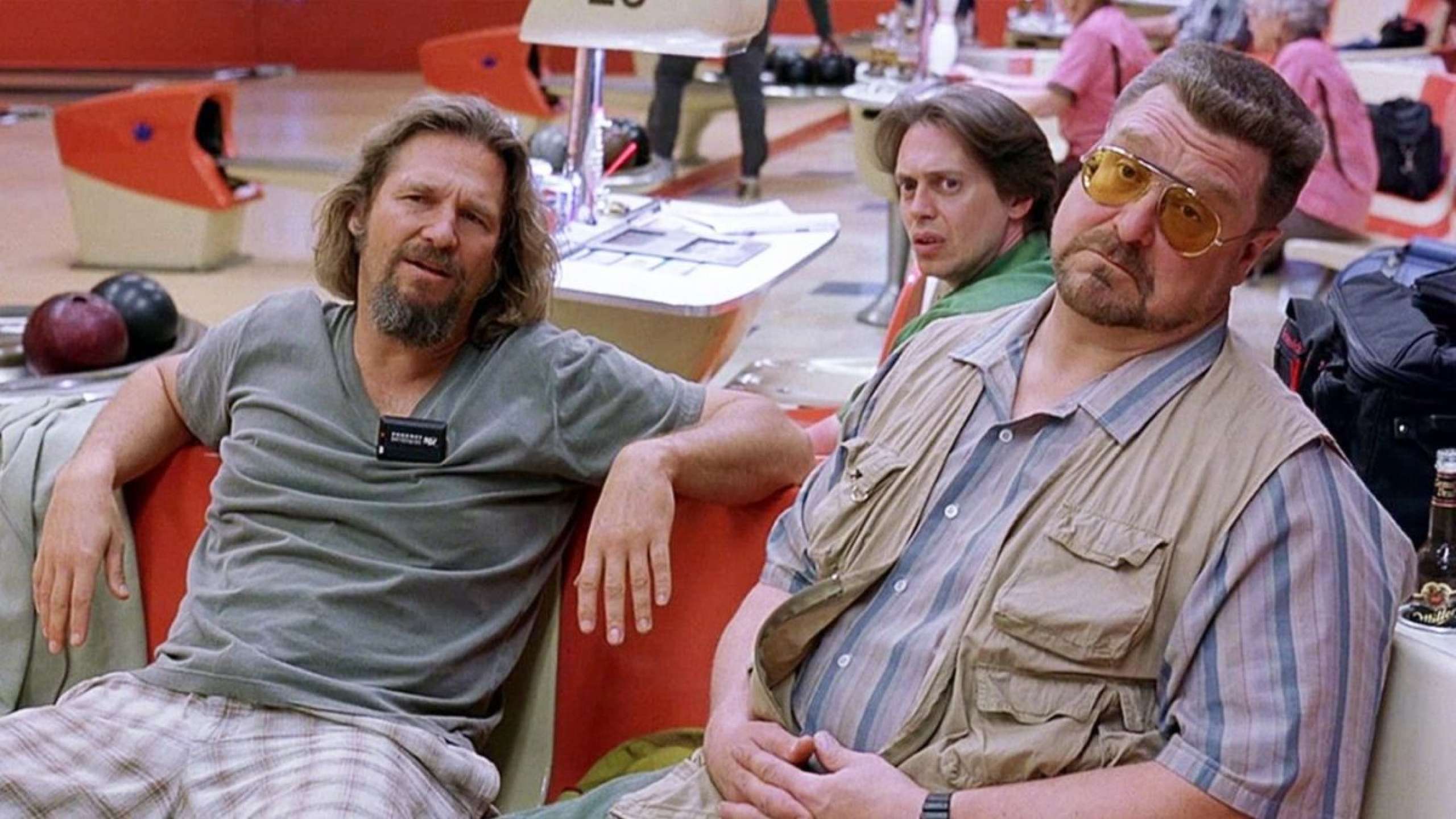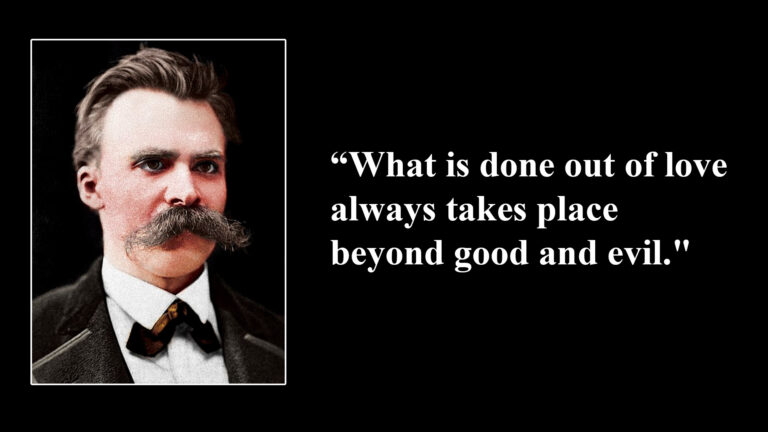
In the Coen Brothers’ film, The Big Lebowski lies a profound exploration of the meaninglessness of life and the various ways that individuals attempt to create meaning for themselves.
At the centre of the film is Jeff Lebowski, or “The Dude,” a character who seems to embody a certain nihilistic worldview. He lives a life of leisure, smoking pot and bowling with his friends, seemingly content to just drift through life without any real ambition or purpose. However, as the film unfolds, we see that The Dude is not entirely without values or principles.
He becomes embroiled in a complex and convoluted plot involving mistaken identity, kidnapping, and various criminal activities, and he ultimately finds himself striving to protect his own sense of justice and fairness. This transformation is particularly evident in the film’s final scene, in which The Dude confronts the wealthy Lebowski and refuses to back down in the face of his threats.
Other characters in the film also embody various forms of nihilism. Walter, The Dude’s bowling partner, is a veteran who finds solace in his own version of a moral code, which includes strict adherence to rules and principles, even when they do not necessarily make sense in the current situation.
The nihilistic themes in The Big Lebowski extend beyond just the characters themselves. The film is filled with references to various philosophical schools of thought, including existentialism and absurdism. The Coen Brothers use humour and satire to poke fun at the various ways that people attempt to create meaning and purpose for themselves, while ultimately acknowledging the futility of these attempts in the face of life’s inherent randomness and chaos.
The Big Lebowski suggests that we can embrace life’s chaos without giving in to despair or hopelessness. This optimistic version of nihilism is in line with the work of philosopher Friedrich Nietzsche, who saw nihilism as either passive or active. Active nihilism, the choice of embracing chaos and randomness in life, can be a liberating philosophy. By setting goals and working towards achieving them, nihilism can even lead to existentialism, a philosophical movement that emphasizes individual freedom, choice and responsibility. Existentialism views human existence as inherently absurd and meaningless because there is no objective or inherent meaning to it. Therefore, the film suggests that we must create our own meaning and purpose in life, and embrace the challenges and uncertainties that come with it.
In the end, The Big Lebowski invites us to consider the question of what gives life meaning and purpose. Is it the pursuit of material wealth or social status? Is it adherence to strict moral codes or philosophical principles? Or is it simply the experience of being alive and the relationships we form with others along the way?
These are difficult questions to answer, and The Big Lebowski offers no easy solutions. Instead, the film challenges us to confront the inherent meaninglessness of life and to find our ways of creating meaning and purpose in a world that often seems devoid of both. And while it acknowledges the futility of many of our attempts to find meaning, it ultimately offers a message of hope and optimism, suggesting that even in a world devoid of inherent meaning, we can still find ways to make our lives meaningful, should we choose our values and goals carefully. It does not matter if we are not here in a hundred years’ time, it does not matter if our experience of meaning dies with us, all that matters is that we live authentically in the present moment, even if that leads us to some uncomfortable places and resolutions. An unpleasant truth is always better than a pleasant fiction.
There are certainly characters in the film who embody a more pessimistic and nihilistic worldview, such as the nihilist thugs who kidnap Lebowski’s wife. However, the film ultimately suggests that there is a way to embrace the chaos of life without succumbing to despair or hopelessness. This message is particularly evident in The Dude’s character development throughout the film, as he transforms from a seemingly aimless and passive character to one who actively stands up for what he believes in and fights for justice.
Overall, The Big Lebowski is a thought-provoking and entertaining film that offers a unique perspective on the nature of meaning and purpose in life. It challenges us to think deeply about our own values and beliefs, and to consider how we can create meaning and purpose for ourselves in a world that often seems devoid of both. Whether we identify with The Dude’s laid-back approach to life or Walter’s strict adherence to a moral code, the film invites us to question our assumptions about the meaning of life and to find our own paths towards a fulfilling existence.
In summary, The Big Lebowski is a film that encourages us to embrace the absurdity and randomness of life and to find our own ways of creating meaning and purpose. It challenges us to think deeply about the nature of existence and to consider how we can live authentically and with purpose in a world that often seems devoid of inherent meaning. Whether we embrace nihilism as a liberating philosophy or reject it as a pessimistic worldview, the film offers a powerful message of hope and optimism in the face of life’s many uncertainties.


Great analysis. I would add the Freudian concepts of 5 Psychosexual stages of development.